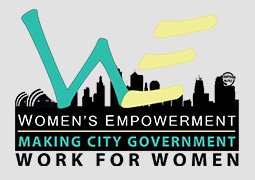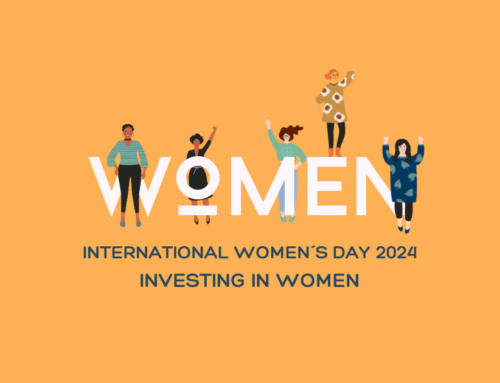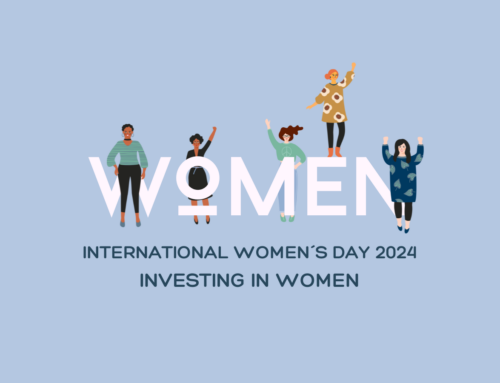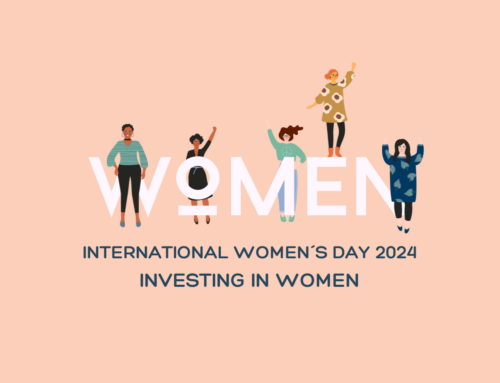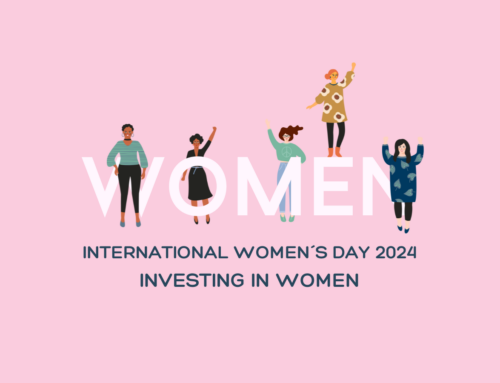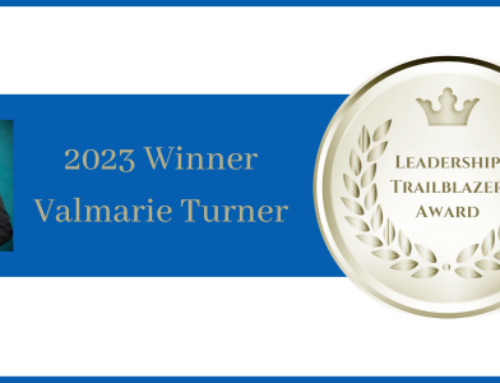By Mayor Sly James – Kansas City, MO
As Mayor, I attend meetings all across the City and when I do, I often find myself surrounded by men. It’s not enough to point that fact out. I want to do my part to change it. That means taking action steps to ensure that city government works well for the women who work for it. I’m talking about city employees, and for the women who do business with the city. City government should not impede anyone from maximizing his or her potential. It should work for everyone. And everyone means EVERYONE.
The fact that women are underrepresented in the business community, in government, and in leadership positions in general means that we need to take a close look at the way we operate. To accomplish that, my office is partnering with the Central Exchange, the Women’s Foundation of Greater Kansas City, and UMKC’s Women’s Center. The initial goal of this partnership, fittingly called WE for “Women’s Empowerment,” was to develop a blueprint of strategies that make our local government a conduit for success
For the women in this community. That means looking at how we operate and determining action steps to make Kansas City best by making women front and center.
In March of 2014, we unveiled our blueprint of data-driven, research-based action. Just one year later, I was thrilled to announce that every item on the WE Initiative blueprint was either complete or in-progress.
Key milestones of the WE Initiative include:
- Launch of the New Year, New You, New City professional development module, which includes quarterly professional development classes, a mentorship pilot program, and a series of lunch-and-learn seminars focused on topics specific to City government;
- Enhancements to the online application tool for WBE certification;
- Passage of a resolution supporting Women’s Business Enterprise National Council (WBENC) certification for women-owned businesses;
- 13 appointments to-date through the Women’s Foundation Appointments Project, a public-private partnership aimed at recruiting women for City Boards & Commissions;
- Exploration and implementation of various family-friendly workplace policies, including paid maternity and paternity leave, a formal breastfeeding policy, flexible work schedules, and the launch of an RFI for employer-provided childcare;
- Bi-annual career exploration panels for college students, aimed at recruiting the next generation of female government leaders.
At the end of September, my office hosted WE 2.0, a first-of-its-kind mini-conference aimed at bringing together professionals in the private, public and nonprofit sectors to develop solutions for issues affecting women in the workplace. Many important issues were discussed, such as family-friendly workplace policies, funding opportunities for women-led businesses, and how to attract and develop women leaders in STEM-related fields. We also issued a call-to-action for Million Women Mentors, a national effort to find both male and female mentors for girls interested in STEM fields.
Currently, women make up 51% of the population and are receiving higher levels of education at a faster pace than their male counterparts. Yet, we know we can do more to ensure women are given a seat at the table. We can’t move our cities and our governments forward if we’re leaving half of our citizens behind.
K

